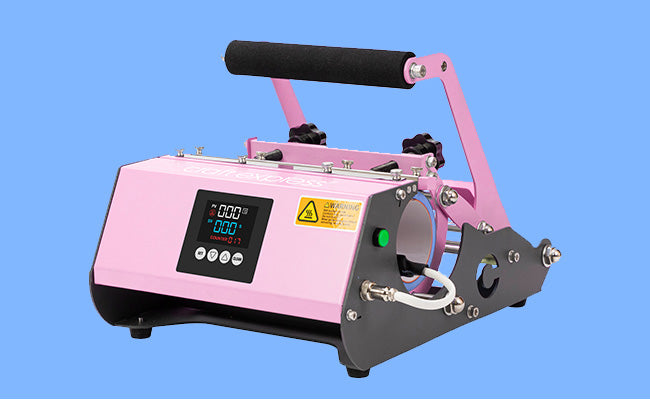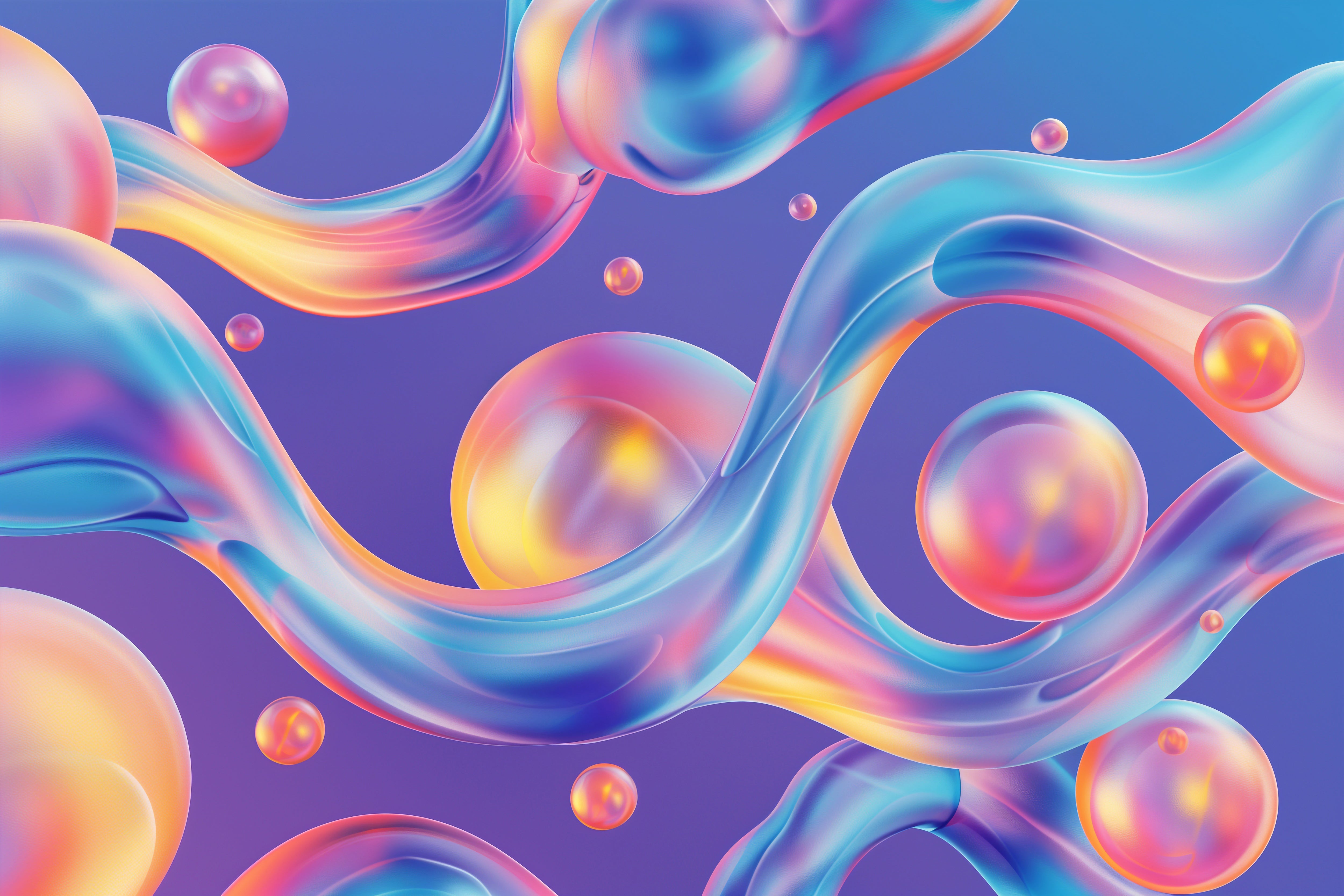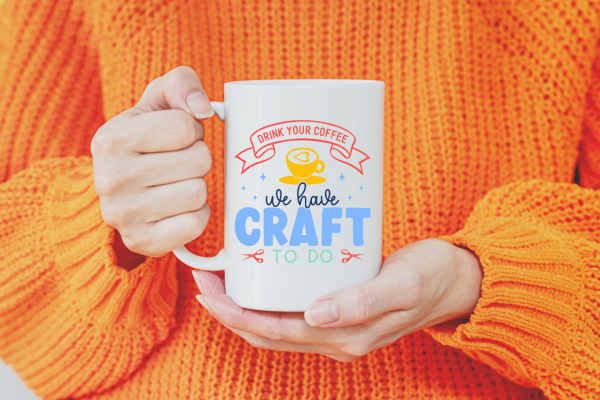
Is DTF Better Than Sublimation? Let's Break It Down!
If you're diving into the world of custom printing, you’ve likely come across Direct-to-Film (DTF) and sublimation printing. Both methods are popular, but they excel in different areas. So, the real question is: Which one is better for your needs? Let’s explore their differences, benefits, and drawbacks to help you make an informed decision.
What is DTF Printing?
DTF (Direct-to-Film) printing involves printing a design onto a special transfer film, which is then transferred to fabric using heat and adhesive powder. This method works on almost any material, from cotton and polyester to blends, leather, and even denim.
Pros of DTF Printing:
- Versatility: Can print on virtually any fabric, light or dark.
- Vibrant Colors: Produces bold, vivid designs with excellent detail.
- Durable Results: The adhesive powder ensures designs last through washes.
- No Pre-Treatment: Unlike some other methods, DTF requires minimal prep.
Cons of DTF Printing:
- Requires specialized equipment and supplies (printer, film, adhesive powder).
- The process can be slightly messier than sublimation.
What is Sublimation Printing?
Sublimation printing involves transferring designs using heat to polyester-coated materials or fabrics. The heat turns the ink into gas, embedding it into the material for a smooth, vibrant finish.
Pros of Sublimation Printing:
- Seamless Finish: Designs become part of the material, leaving no texture.
- High-Quality Output: Crisp, vibrant colors that last.
- Great for Polyester: Ideal for fabrics with at least 65% polyester content or hard surfaces like mugs and phone cases.
- Eco-Friendly: No need for adhesives or additional chemicals.
Cons of Sublimation Printing:
- Limited to light-colored polyester or coated surfaces.
- Not suitable for cotton or dark fabrics.
- Requires polyester-rich materials for best results.
DTF vs. Sublimation: Key Differences
| Feature | DTF | Sublimation |
|---|---|---|
| Fabric Compatibility | Works on all fabrics | Limited to polyester |
| Color Vibrancy | Bright on any fabric color | Best on white/light fabrics |
| Durability | Highly durable | Extremely durable |
| Equipment Cost | Moderate | Low to moderate |
| Finish | Slight texture | Smooth, embedded design |
Which One Should You Choose?
- Choose DTF if: You need flexibility to print on a variety of materials and colors. DTF is great for those who want to customize dark fabrics, cotton, or specialty items.
- Choose Sublimation if: You primarily work with polyester materials and want a seamless, high-quality finish with vivid colors.
Why Not Both?
If your business caters to different printing needs, consider investing in both methods. Craft Express offers premium DTF printers, sublimation printers, and all the supplies you’ll need to create stunning custom products. By combining the two, you can handle any customer request with ease!
Ready to Upgrade Your Printing Game?
At Craft Express, we provide the tools and resources to help your printing business thrive. Explore our DTF starter kits, sublimation printers, and accessories to find the perfect match for your needs.




Leave a comment
This site is protected by hCaptcha and the hCaptcha Privacy Policy and Terms of Service apply.